The week's good news: August 10, 2023
It wasn't all bad!


- 1. FDA approves first-ever pill to treat postpartum depression
- 2. College football player gives his full-ride scholarship to teammate
- 3. For the 1st time, scientists have found marine creatures under hydrothermal vents
- 4. U.S. scientists improve upon earlier nuclear fusion success
- 5. Study finds taking as few as 4,000 steps a day can reduce risk of early death
A free daily email with the biggest news stories of the day – and the best features from TheWeek.com
You are now subscribed
Your newsletter sign-up was successful
1. FDA approves first-ever pill to treat postpartum depression
The Food and Drug Administration on Friday approved a medication called zuranolone for the treatment of postpartum depression, a severe form of depression that some mothers experience after giving birth. There is a treatment that can be given via intravenous injection at a hospital, but zuranolone is the first pill that can be taken at home. "Having access to an oral medication will be a beneficial option for many of these women coping with extreme, and sometimes life-threatening, feelings," Dr. Tiffany R. Farchione, director of the Division of Psychiatry at the FDA's Center for Drug Evaluation and Research, said in a statement. The medication is taken once a day for two weeks. Clinical trials showed that zuranolone improved symptoms like anxiety, difficulty sleeping and social withdrawal as early as three days after taking the first pill, NBC News reported. The trials followed patients for 45 days, and more data is needed to determine if it can be recommended for women who are breastfeeding.
2. College football player gives his full-ride scholarship to teammate
For the last four years, Zack Conti has juggled going to school with holding down multiple jobs, all while playing football at Eastern Michigan University, and his hard work was noticed. To cover his tuition and bills, Conti has been taking on landscaping and home demo jobs, while also dealing with the recent news that his mother needs to find a kidney donor. He shared with teammates that he was thinking about quitting the team, and his fellow offensive lineman, Brian Dooley, didn't want to see him give up his passion. Conti's determination on and off the field "pushed me harder," Dooley, a graduate student, told ABC News. Dooley is in his last year of eligibility, and worked with their coach to give Conti his full-ride scholarship. "The o-line brotherhood is something that is hard to break," Dooley said. "We have each other's back." Conti was stunned by his teammate's generosity. "It just felt unbelievable, like I felt my hard work has paid off," he said.
The Week
Escape your echo chamber. Get the facts behind the news, plus analysis from multiple perspectives.

Sign up for The Week's Free Newsletters
From our morning news briefing to a weekly Good News Newsletter, get the best of The Week delivered directly to your inbox.
From our morning news briefing to a weekly Good News Newsletter, get the best of The Week delivered directly to your inbox.
3. For the 1st time, scientists have found marine creatures under hydrothermal vents
Marine researchers found a new ecosystem supported by hydrothermal vents deep under the sea. A recent expedition was led by the Schmidt Ocean Institute, with the team traveling to the East Pacific Rise, off of Central America. They dropped an underwater robot more than 8,200 feet, which "overturned chunks of volcanic crust" and discovered "cave systems teeming with worms, snails and chemosynthetic bacteria living in 75 degrees Fahrenheit water," the institute said. "The discovery adds a new dimension to hydrothermal vents, showing that their habitats exist both above and below the seafloor." They also found that there are tube worm-like creatures moving through passages underneath the seafloor, which travel through vent fluid to "colonize new habitats." These discoveries are huge, as scientists are always looking to better understand the deep sea. Finding a new ecosystem is "truly remarkable," Schmidt Ocean Institute Executive Director Jyotika Virmani said in a statement, and "provides fresh evidence that life exists in incredible places."
4. U.S. scientists improve upon earlier nuclear fusion success
For the second time in less than a year, scientists at the Lawrence Livermore National Laboratory in California achieved net energy gain in a fusion reaction. In December, the team used lasers to produce a fusion reaction that created a net energy gain, a first-of-its-kind accomplishment and a giant step forward in the quest for technology that can provide limitless clean energy. On July 30, the team repeated the fusion ignition, and this time generated a higher energy yield than in December. The Energy Department is thrilled with this milestone, declaring it a "major scientific breakthrough decades in the making that will pave the way for advancements in national defense and the future of clean power."
A free daily email with the biggest news stories of the day – and the best features from TheWeek.com
5. Study finds taking as few as 4,000 steps a day can reduce risk of early death
A new study has shed light on the number of steps that should be taken in a day for health benefits — and it's lower than previously thought. Looking at data from more than 226,000 people around the world, researchers from Johns Hopkins University School of Medicine and the Medical University of Lodz found that taking more than 2,300 steps a day is enough to help the heart and blood vessels. Once you reach 4,000 steps a day, every additional 1,000 steps, up to 20,000, reduces the risk of dying early by 15%. This applies to all ages and genders, with people 60 and under benefiting the most. For many years, people have been urged to get in at least 10,000 steps a day, and doctors still recommend walking as much as possible, since getting up and moving is good for the body and the mind.
Catherine Garcia has worked as a senior writer at The Week since 2014. Her writing and reporting have appeared in Entertainment Weekly, The New York Times, Wirecutter, NBC News and "The Book of Jezebel," among others. She's a graduate of the University of Redlands and the Columbia University Graduate School of Journalism.
-
 The ‘ravenous’ demand for Cornish minerals
The ‘ravenous’ demand for Cornish mineralsUnder the Radar Growing need for critical minerals to power tech has intensified ‘appetite’ for lithium, which could be a ‘huge boon’ for local economy
-
 Why are election experts taking Trump’s midterm threats seriously?
Why are election experts taking Trump’s midterm threats seriously?IN THE SPOTLIGHT As the president muses about polling place deployments and a centralized electoral system aimed at one-party control, lawmakers are taking this administration at its word
-
 ‘Restaurateurs have become millionaires’
‘Restaurateurs have become millionaires’Instant Opinion Opinion, comment and editorials of the day
-
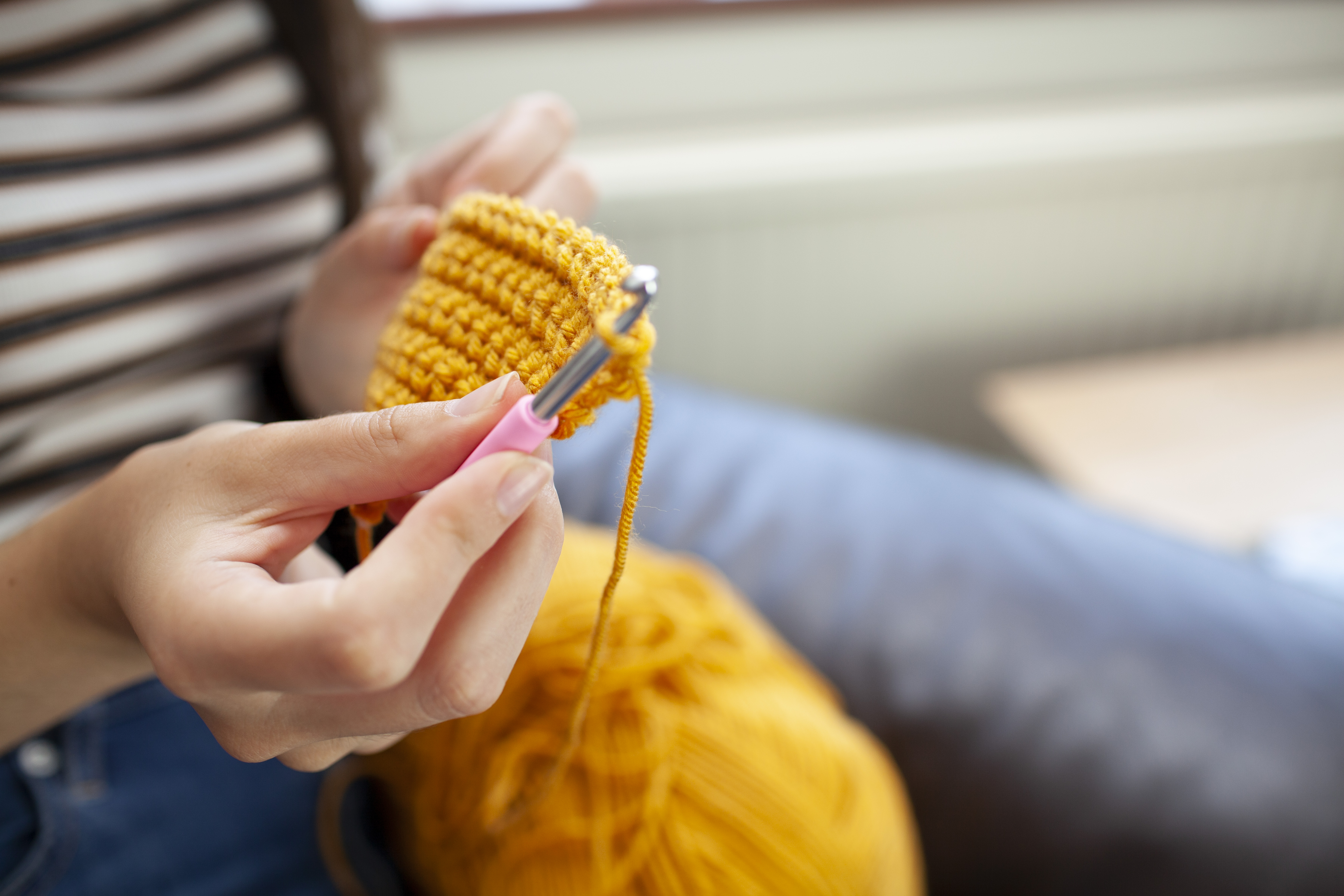 The week's good news: Jan. 18, 2024
The week's good news: Jan. 18, 2024Feature It wasn't all bad!
-
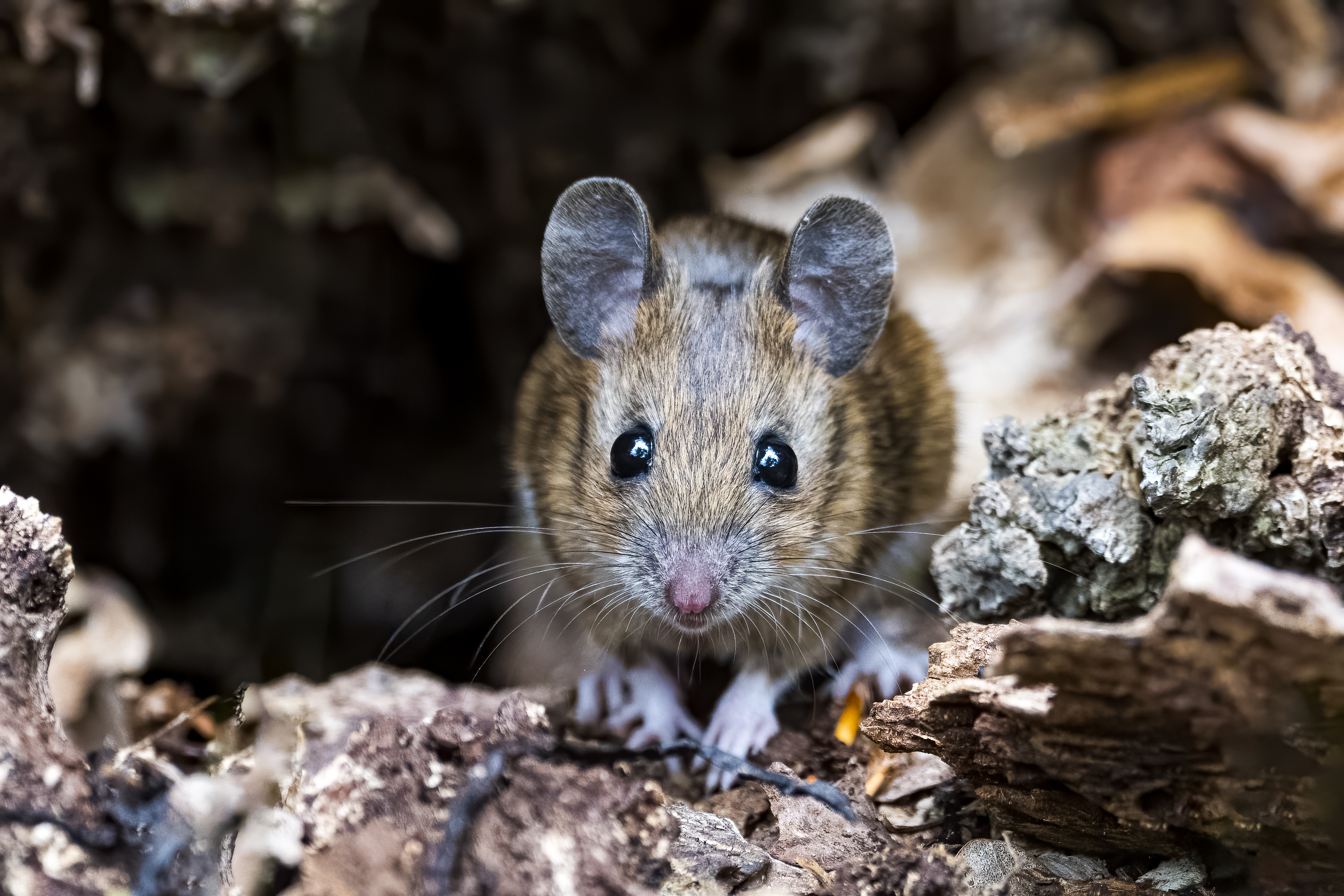 The week's good news: Jan. 11, 2024
The week's good news: Jan. 11, 2024Feature It wasn't all bad!
-
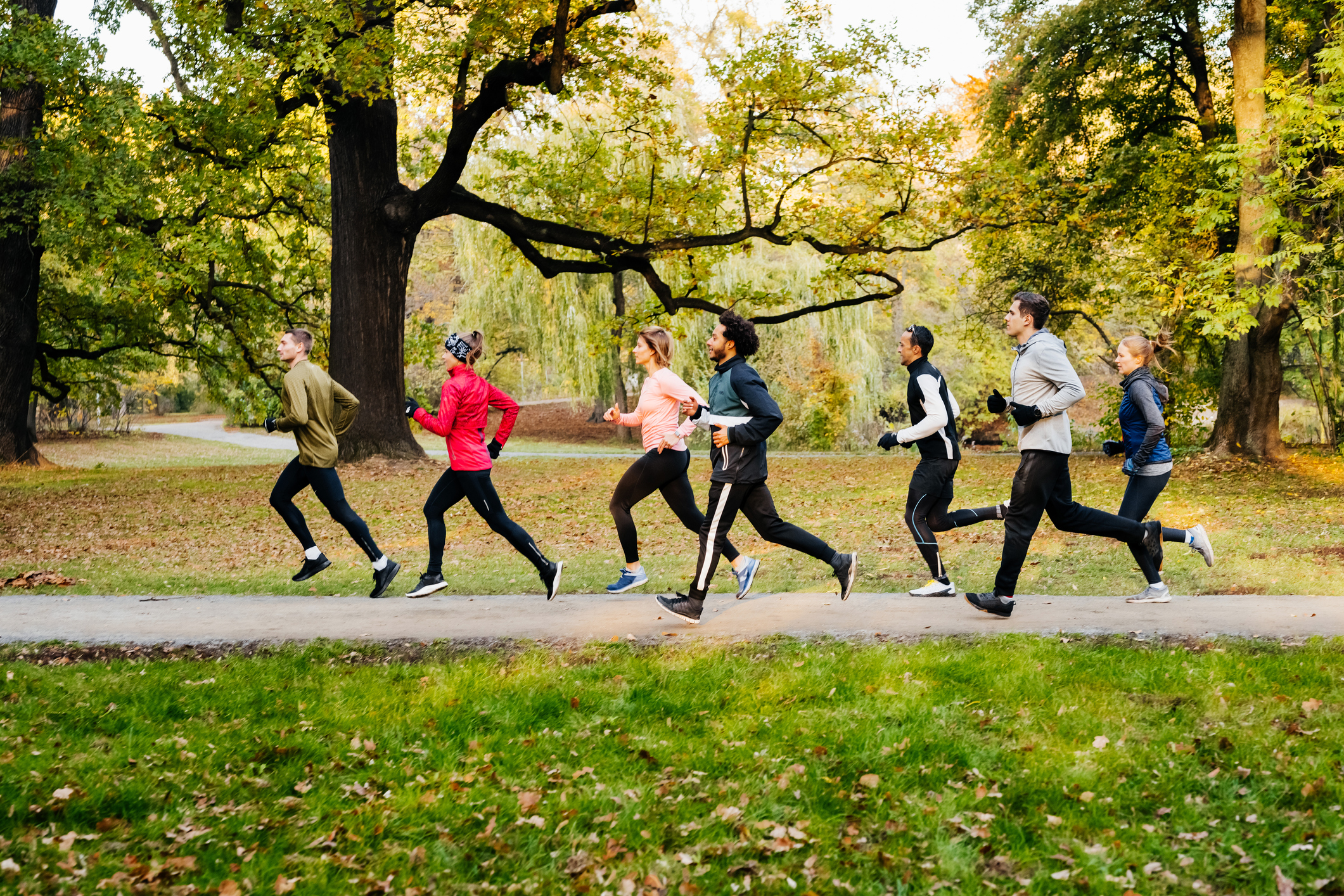 The week's good news: Jan. 4, 2023
The week's good news: Jan. 4, 2023Feature It wasn't all bad!
-
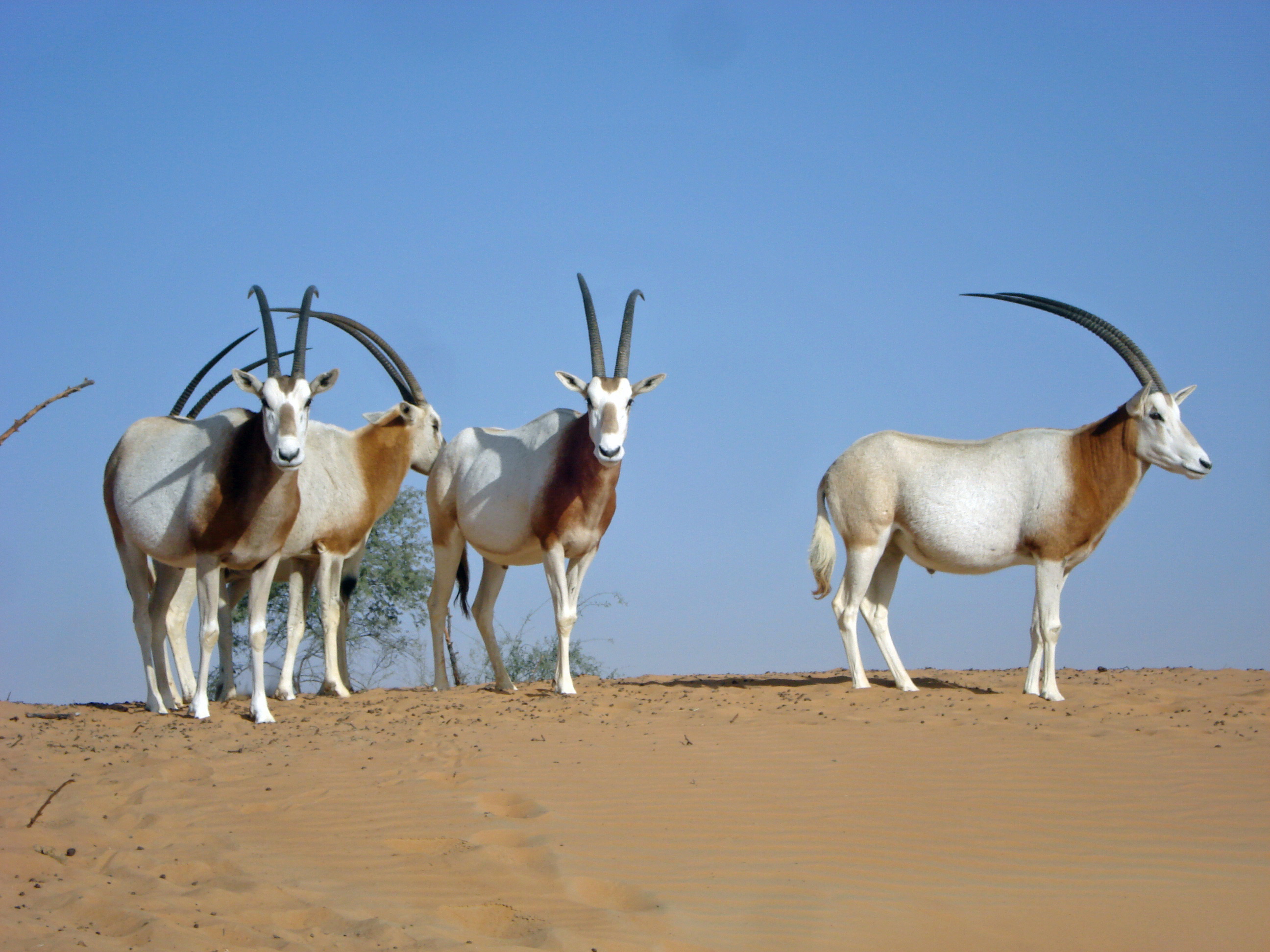 The week's good news: Dec. 21, 2023
The week's good news: Dec. 21, 2023Feature It wasn't all bad!
-
 The week's good news: Dec. 14, 2023
The week's good news: Dec. 14, 2023Feature It wasn't all bad!
-
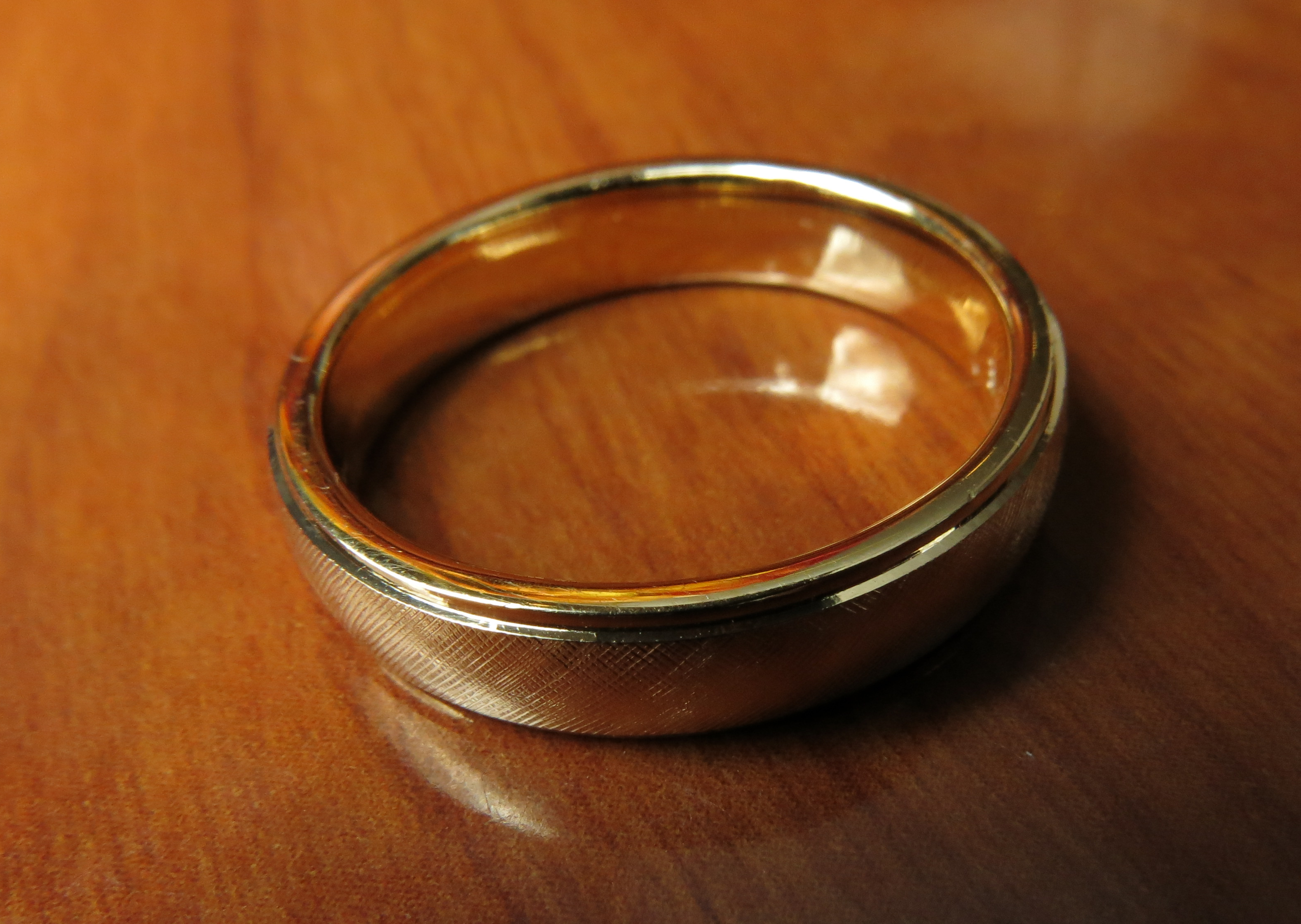 The week's good news: Dec. 7, 2023
The week's good news: Dec. 7, 2023Feature It wasn't all bad!
-
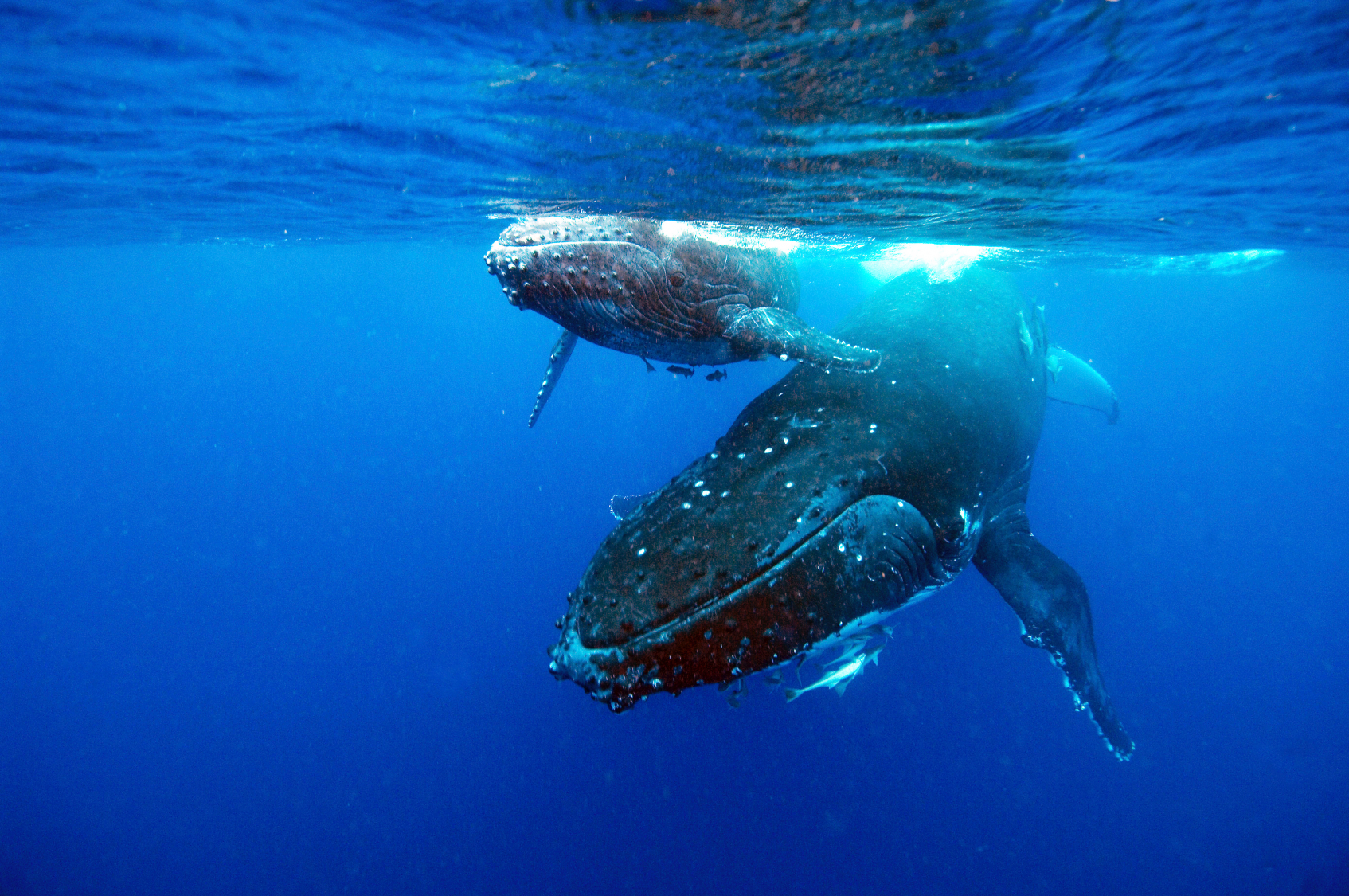 The week's good news: Nov. 30, 2023
The week's good news: Nov. 30, 2023Feature It wasn't all bad!
-
 The week's good news: Nov. 16, 2023
The week's good news: Nov. 16, 2023It wasn't all bad!
